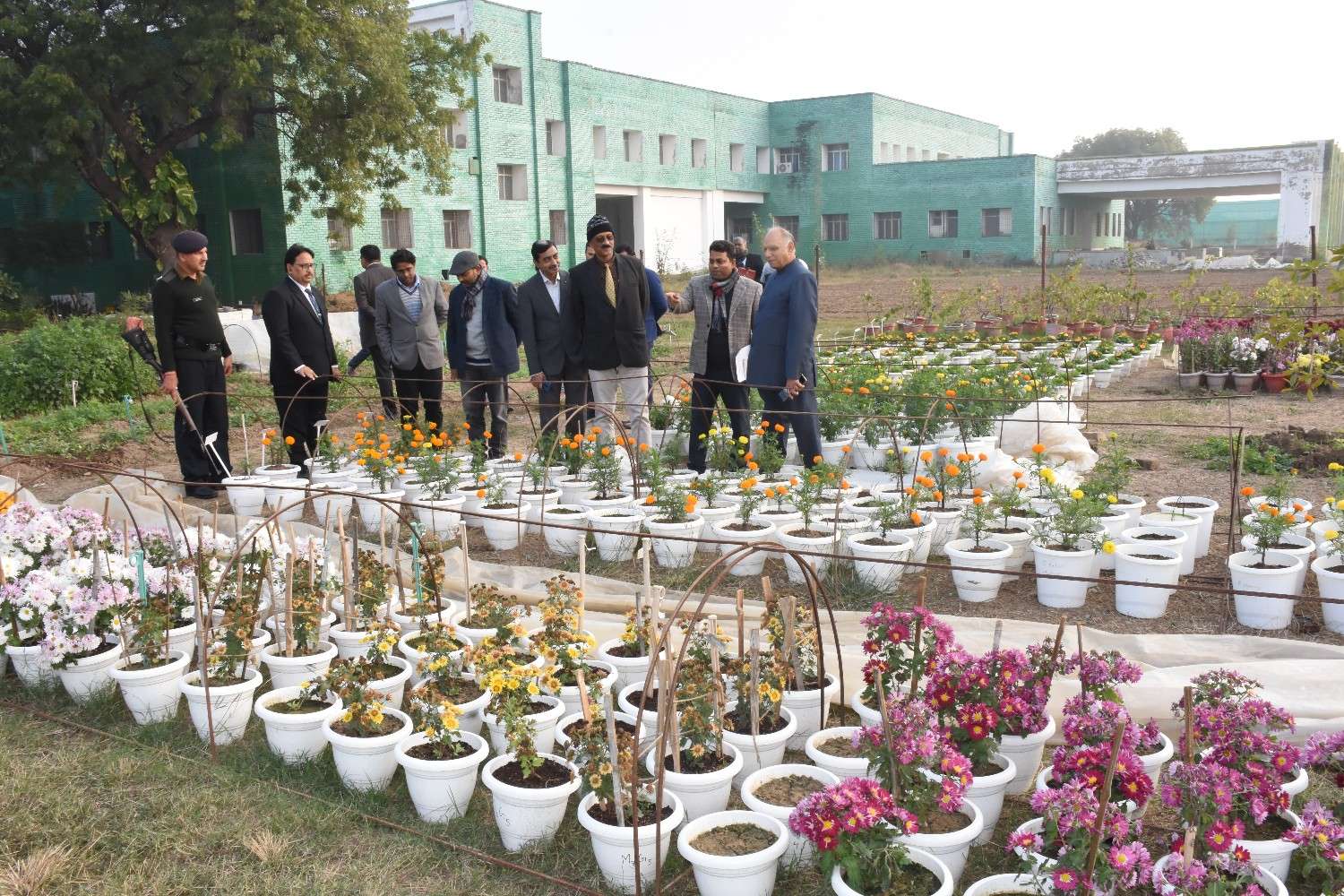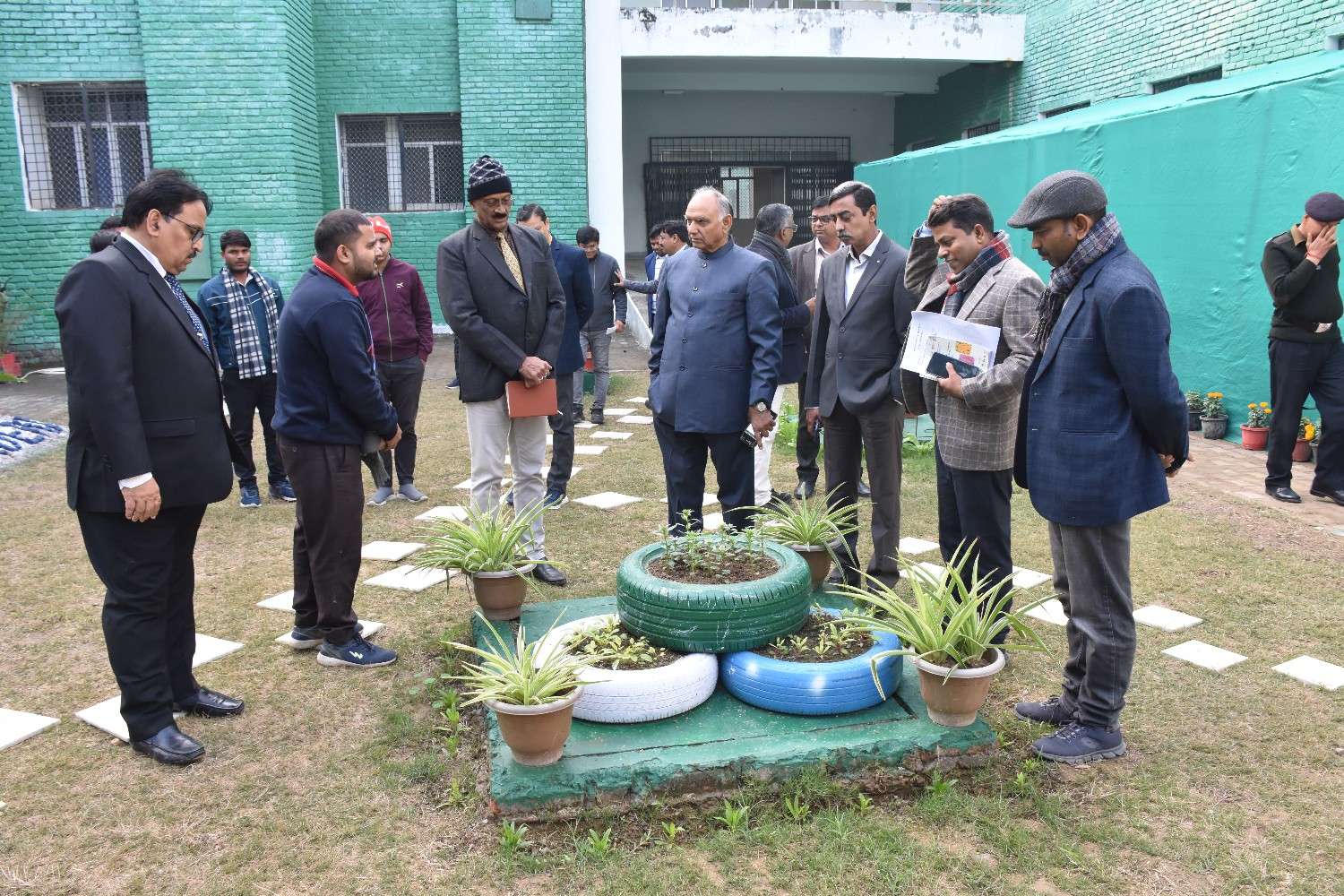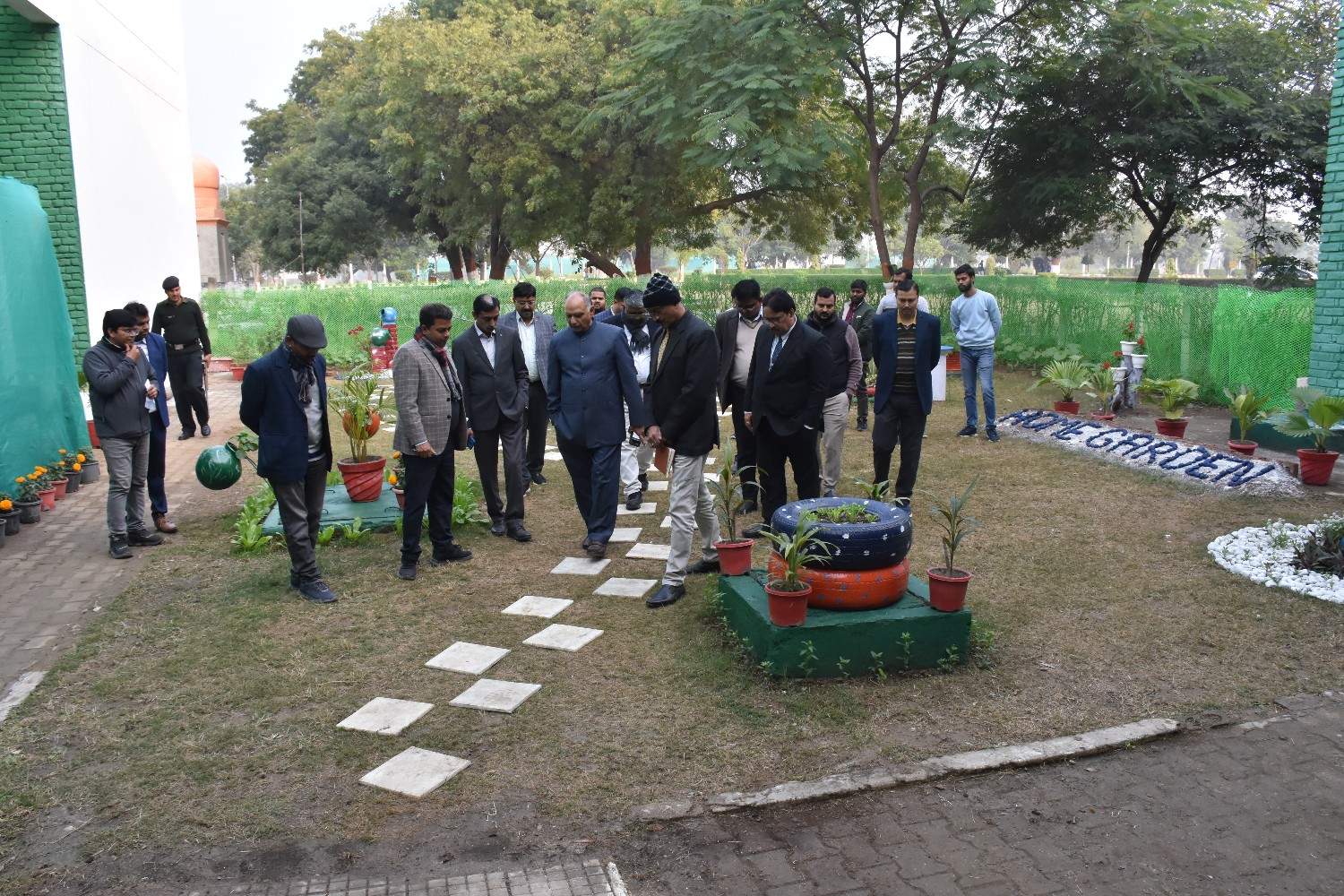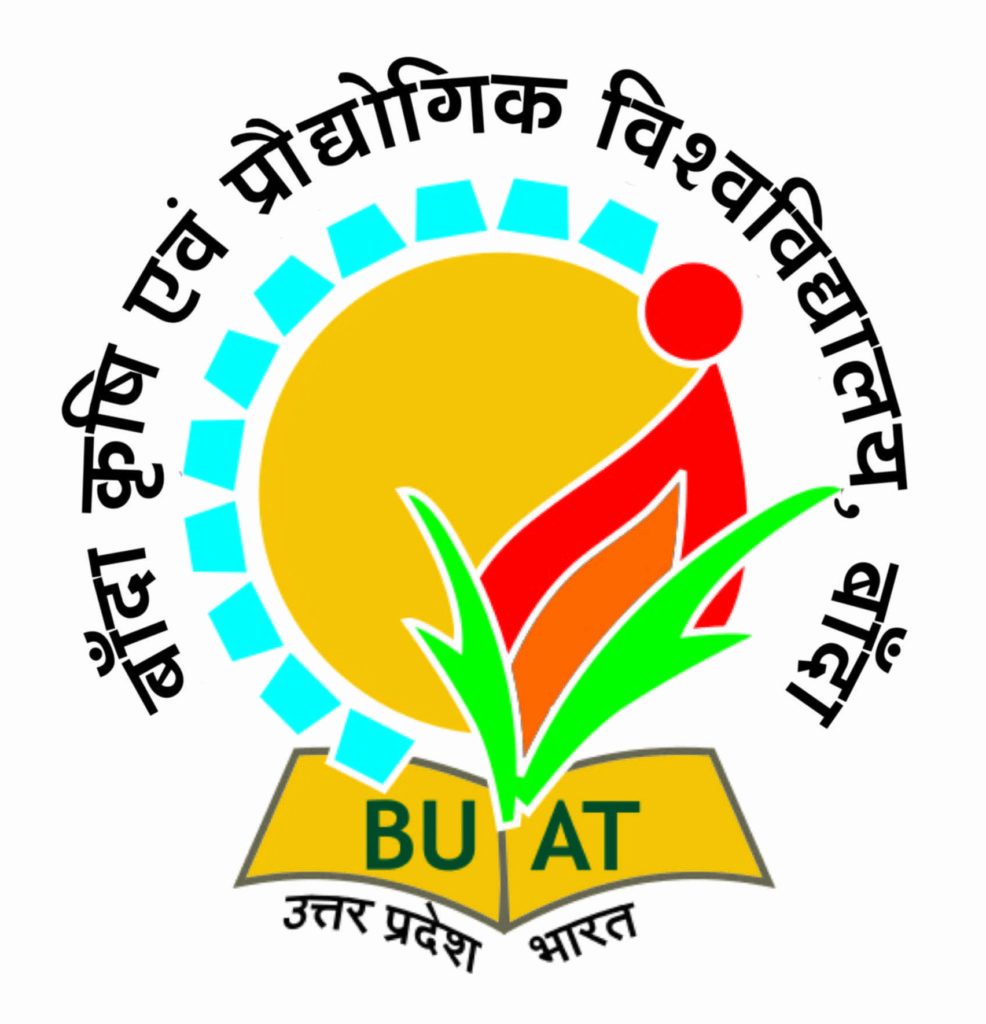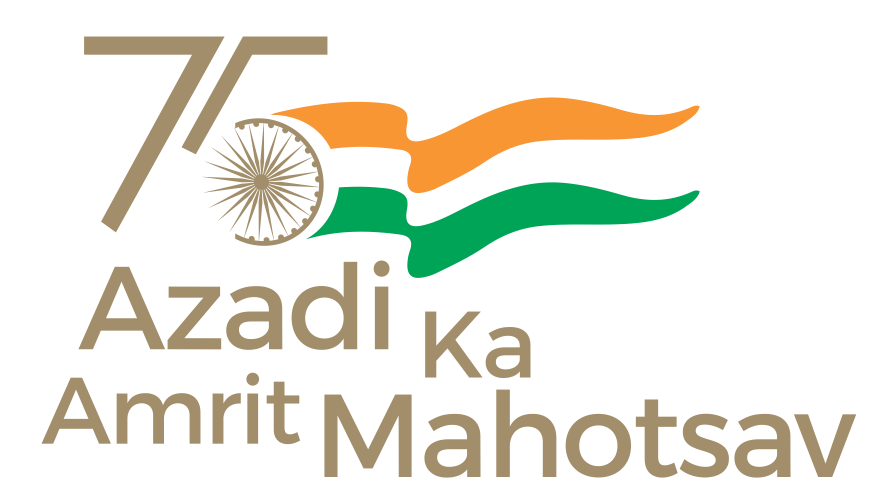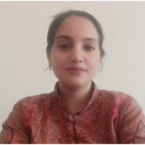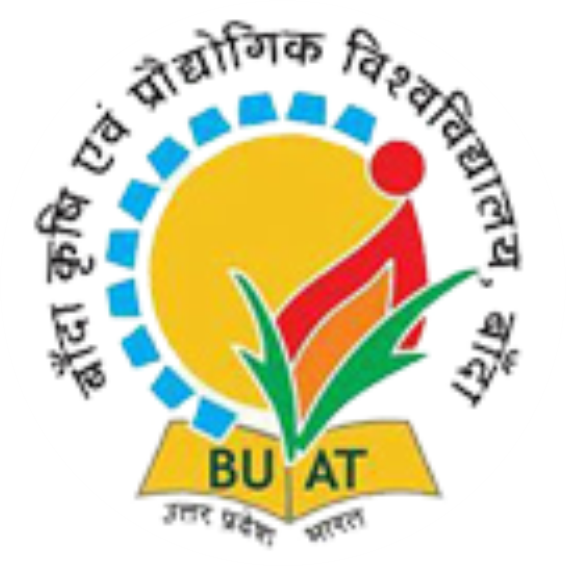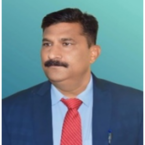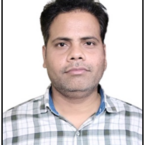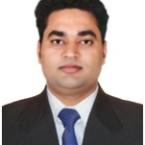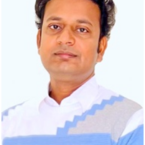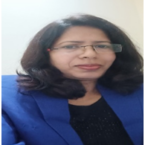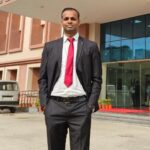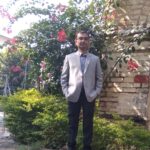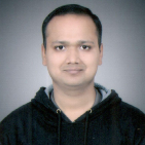Veterinary Microbiology
- Home
- College of Veterinary & Animal Sciences
- Veterinary Microbiology
Veterinary Microbiology
- About Department
- Faculty
- Course Offered
- Thrust Area of Research
- Student Placement
- Project
- Department Infrastructure
- Department Gallery
The Department of Agronomy, a constituent department of College of Agriculture of Banda University of Agriculture and Technology, Banda has been started in 2011. The undergraduate programme of B. Sc. (Hons) Agriculture in 2011, PG programmes in 2018 and Ph. D. Agronomy in 2020 have also been started in the department. This department is responsible for teaching, research and extension activities related to the discipline of agronomy throughout the region of Bundelkhand.
Mandate of the Department
The department has mandate to imparting sound education to graduate and post graduate students in Agronomy. Besides this to develop cost effective and appropriate production technology for efficient and optimal use of resources. It also has the responsibility for transfer of technology to the farmers and other stake holders within the jurisdiction of the university.
Vision
To emerge as a global centre of excellence in teaching, research and extension in agriculture and allied sciences in the country to ensure sustained healthy food, nutrition and livelihood security.
Mission
The university is committed to the cause of Indian agriculture through its quality teaching, demand-driven and location-specific research and extension programmes in the light of dynamism of socio-economic and agro ecological conditions, management perceptions, international trade scenarios and government policies.
Objectives
- To impart teaching in the field of Agronomy to undergraduate, postgraduate and PhD students.
- To conduct research in the field of weed science, irrigation, fertility, dry land agriculture, crop ecology, integrated farming system, natural farming, conservation farming and in any new area depending on requirement of the region.
- To increase stability of crop production by providing improvements in natural resources management and crop management systems.
- To understand the strength, weakness and opportunities in the traditional system of dry land/rainfed agriculture.
- To provide consultancy services to the extension agencies for transfer of dry land/rainfed agriculture technology.
Course Title with Credit Load – M.Sc. in Agronomy
| Course Code | Course Title | Credit Hours |
|---|---|---|
| Agron 501* | Modern Concepts in Crop Production | 3+0 |
| Agron 502* | Principles and Practices of Soil Fertility and Nutrient Management | 2+1 |
| Agron 503* | Principles and Practices of Weed Management | 2+1 |
| Agron 504* | Principles and Practices of Water Management | 2+1 |
| Agron 505 | Conservation Agriculture | 1+1 |
| Agron 506 | Agronomy of Major Cereals and Pulses | 2+0 |
| Agron 507 | Agronomy of Oilseed, Fibre and Sugar Crops | 2+1 |
| Agron 508 | Agronomy of Medicinal, Aromatic & Underutilized Crops | 2+1 |
| Agron 509 | Agronomy of Fodder and Forage Crops | 2+1 |
| Agron 510 | Agrostology and Agro-Forestry | 2+1 |
| Agron 511 | Cropping System and Sustainable Agriculture | 2+0 |
| Agron 512 | Dry-land Farming and Watershed Management | 2+1 |
| Agron 513 | Principles and Practices of Organic Farming | 2+1 |
| Agron-550 | Master’s Seminar | 1+0 |
| Agron-560 | Master’s Research | 30 |
Course Title with Credit Load – PHD in Agronomy
| Course Code | Course Title | Credit Hours |
|---|---|---|
| Agron 601* | Current trends in Agronomy | 3+0 |
| Agron 602 | Recent trends in crop growth and productivity | 2+1 |
| Agron 603 | Irrigation management | 2+1 |
| Agron 604 | Recent trends in weed management | 2+0 |
| Agron 605 | Integrated farming systems for sustainable Agriculture | 2+0 |
| Agron 606 | Soil Conservation and Watershed Management | 2+1 |
| Agron 607 | Stress Crop Production | 2+1 |
| Agron 608* | Research and Publication ethics | 2+0 |
| Agron 691 | Doctoral Seminar | 1+0 |
| Agron 692 | Doctoral Seminar | 1+0 |
| Agron 699 | Doctoral Research | 75 |
Thrust Area of Research
- Weed science Irrigation management
- Nutrient management
- Dry land agriculture Crop ecology
- Integrated farming system
- Fodder production and in any new area depending on requirement of the region.
Co-Curricular Activities
- Important days celebration
- Organized weed eradication campaign
- Student participation in University Kisan Mela
- Integrated farming system
- Organized academic competition on different aspect
- Arts, Sports, Cultural and literacy activities.
Students’ Placement: PhD programme
| S.L. No. | Name of Students | ID | Placement Details | Major Advisor |
|---|---|---|---|---|
| 1 | Mr. Sandeep Sahu | 1750 | Self employed | Dr. G.S Panwar |
| 2 | Ms. Sweta Gupta | 1759 | Selected as Guest faculty in CSAUA&T, Kanpur | Dr Narendra Singh |
| 3 | Ms. Aanchal Singh | 2074 | Assistant professor, IFTM, Muradabad | Dr Narendra Singh |
| 4 | Mr. Monu Kumar | 2073 | Selected as Guest faculty in P.K. University, Jhansi | Dr. Dinesh Sah |
Several research projects are on-going in the department, funded by different funding agencies. Total 35 projects are running/conducted in the department out of them 3 projects funded from International organizations, 15 projects funded by Government, 1 project is in-house and rest 16 private funded projects.
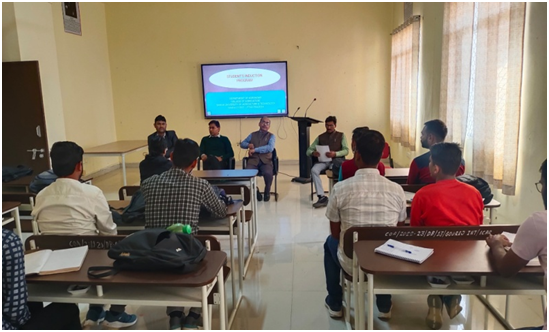
Smart Classrooms
With current intake of 8 students in each batch of MSc programme, and 04 students of PhD programme, 01 classroom with 15 student capacity, 1 smart classroom with 20 student capacity; seminar cum training hall with interactive board having more than 25 audience capacity is sufficient to meet the students' teaching and training needs. The department has 02 dedicated laboratories for sample preparation, storage and analysis for research work of post graduate students.
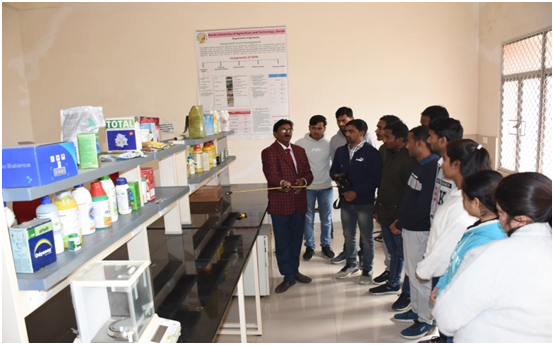
Lab training
The laboratory is also equipped with instrument facility for on farm monitoring of soil moisture and plant growth metrics. It provides advanced instrument support for research on current trends like climate change, precision farming and water and weed management in field crops.
Central lab facility: The University has well equipped central lab facility for all possible advance study of different parameters related to soil and plants. Except this department has following essential equipments for facilitating the students and off time working at department level.
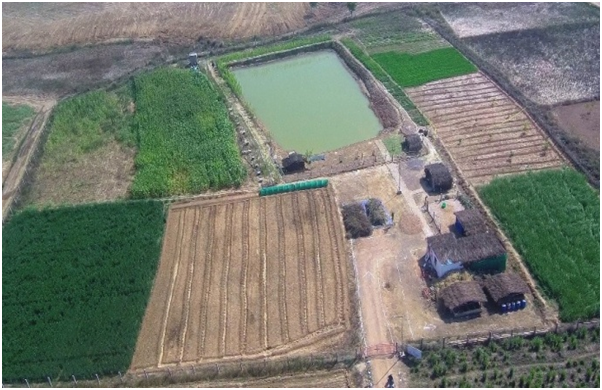
Conduct of Practical and Hands-On-Training
It is important to have a sound grasp of the theory that underlies any professional degree. But there are some skills that can only be learned through hands-on -practice. It is important that much of the learning material in any given course should be provided in a way that allows students to get as involved as possible to increase their knowledge and abilities. Clearly mention how far students are getting desired practical and hands-on-training as per the curriculum.
As highlighted by the ICAR, it is indispensable to have hands on training programs and field experience-based activities develop better understanding and acquisition things to be learned. To ensure that students get adequate exposure and experience to do the required part of degree program. During each semester of the degree program the students are acquainted with the various aspects of soil and crop management. They gather experience in identification of various problems in crop management through real time field based practical on identification of weed. The students are also provided hands on training on the use scientific instruments in monitoring various plant growth and soil metrics and the use of modern ITK tools to understand the local production problems and provide tailor made solutions to farmers with the assistance of scientists and teachers.
